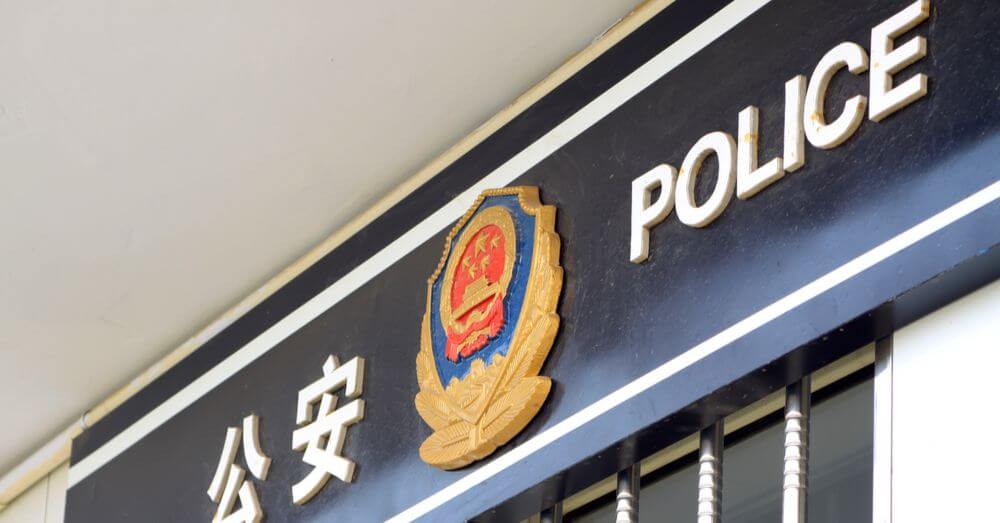
Over-the-counter crypto merchants and their clients may be affected as local authorities freeze bank accounts to investigate assets that are suspected to be tainted with illicit activity
According to Chinese publication 8btc, thousands of bank accounts belonging to cryptocurrency traders have been frozen by local police as a result of a crackdown on illicit activities.
A former employee of crypto wallet startup Bixin, Sun Xiaoxiao, revealed in a Weibo post last Friday that his bank accounts had been frozen and that this was not an individual case.
Frozen accounts are not necessarily involved in any wrongdoing, and can supposedly be unfrozen if the authority does not find any evidence of illicit activities — such as money laundering.
The Chinese police have increased their efforts to crack down on gambling, telecom fraud and cryptocurrency scams. Part of their operations includes freezing bank accounts that could be related to these activities, as they are suspected of “receiving black money.” Some accounts that have been frozen have not recorded any trading activities for several months.
According to 8btc, the authorities claim that tether (USDT) is used frequently in illicit activities.
The police have been studying blockchain and on-chain analysis to aid their investigations in tracing crypto assets.
Local authorities recently uncovered a major scam that involved using cryptocurrencies for money laundering. According to local police in Guangzhou City, located in the Guangdong province, the criminals behind the scheme created a fake Huobi website to trick investors and transfer the illegally obtained money to an overseas account.
China’s central bank, the People’s Bank of China (PBOC), is also a part of the increased efforts to crack down on money laundering. 8btc noted that several crypto startups have already been investigated by local financial bureaus as well as the police.
“38 branches of the central banks in 18 provinces issued 94 anti-money laundering fines to 93 anti-money laundering obligors and relevant responsible persons, with a total penalty amount of 183 million Chinese yuan in Q1.” the news report revealed.
In September 2017, the PBOC closed down crypto exchanges and people have resorted to using peer to peer trading to switch between cryptocurrencies and the yuan.
However, cryptocurrencies are still legal and well supported in China, as several Chinese courts have ruled. The Shanghai No. 1 Intermediate People’s Court ruled that Bitcoin is an asset that is protected by the law, and the Shenzhen Futian District People’s Court ruled that Ethereum is a legal property with economic value. China also passed the Civil Code last May, which protects inherited cryptocurrency.

